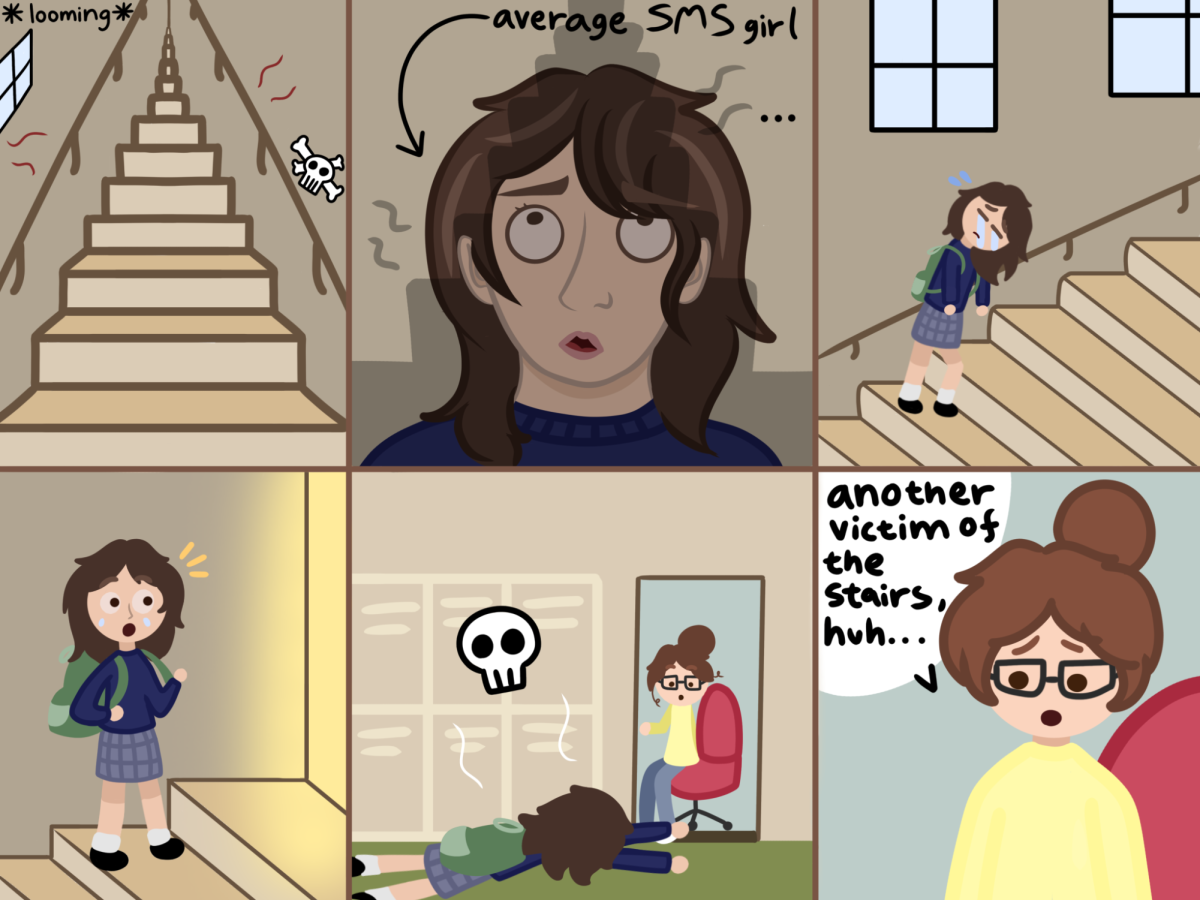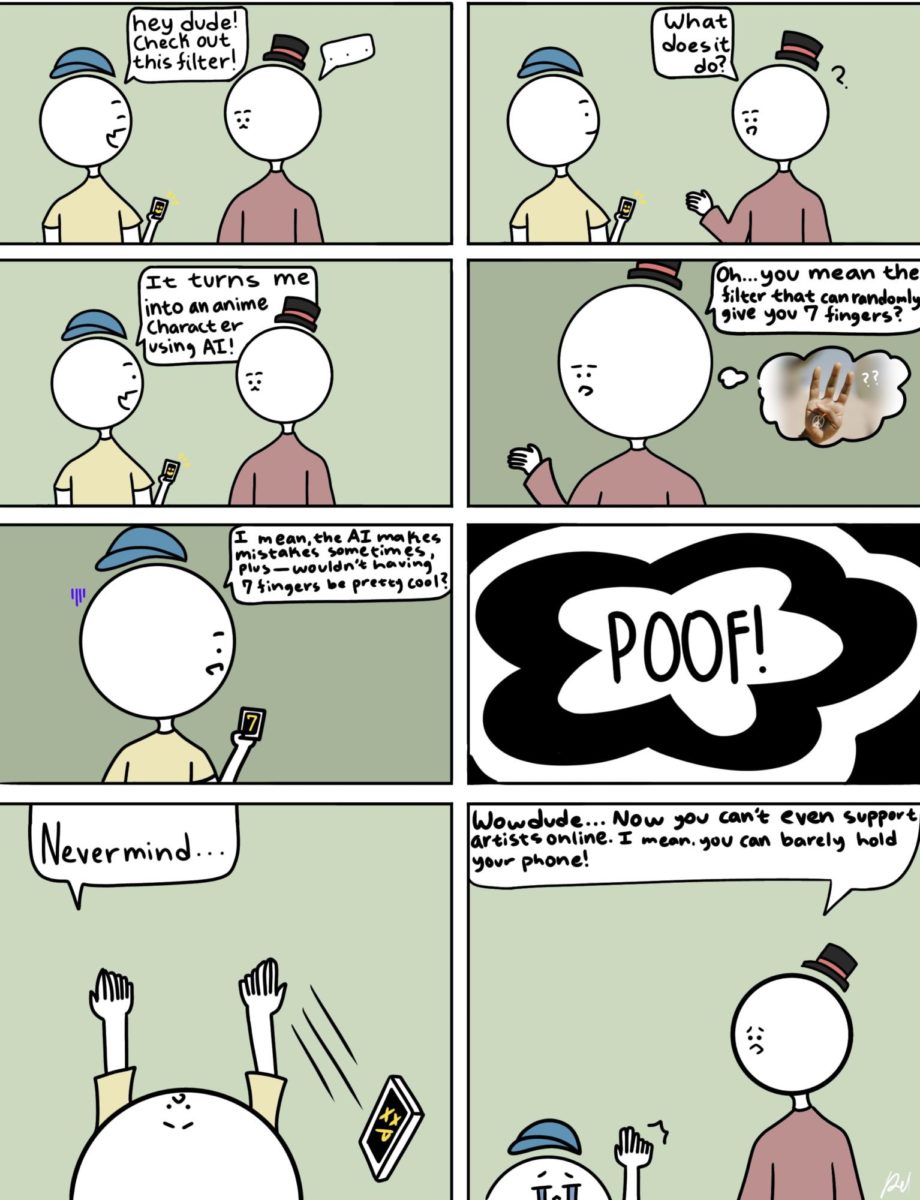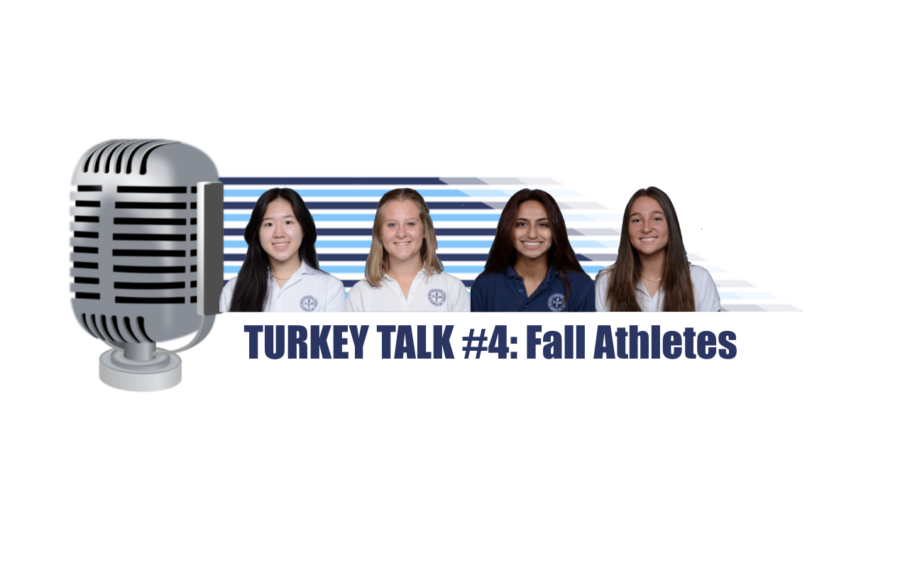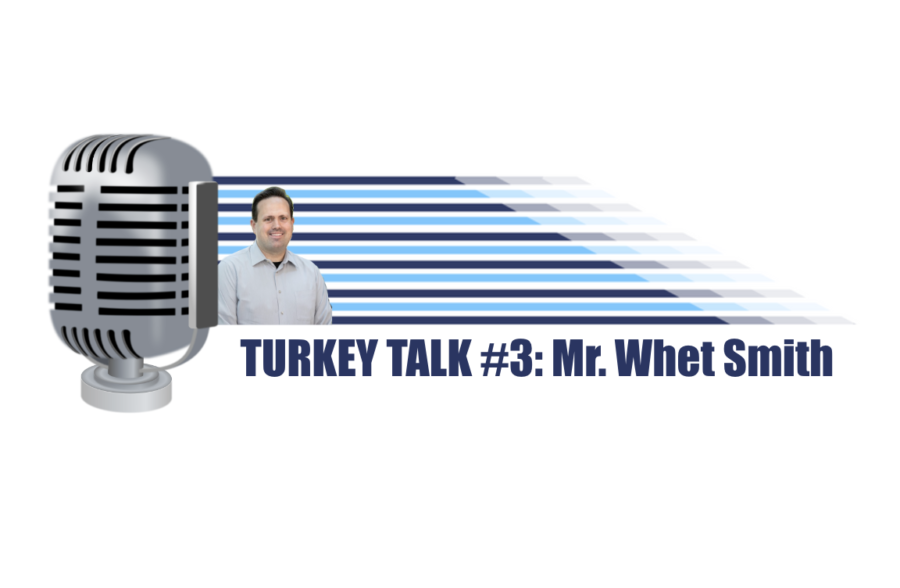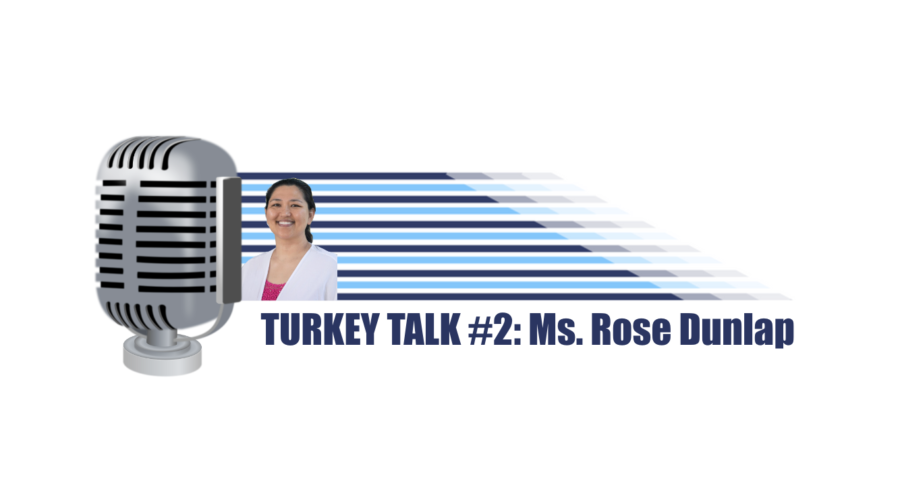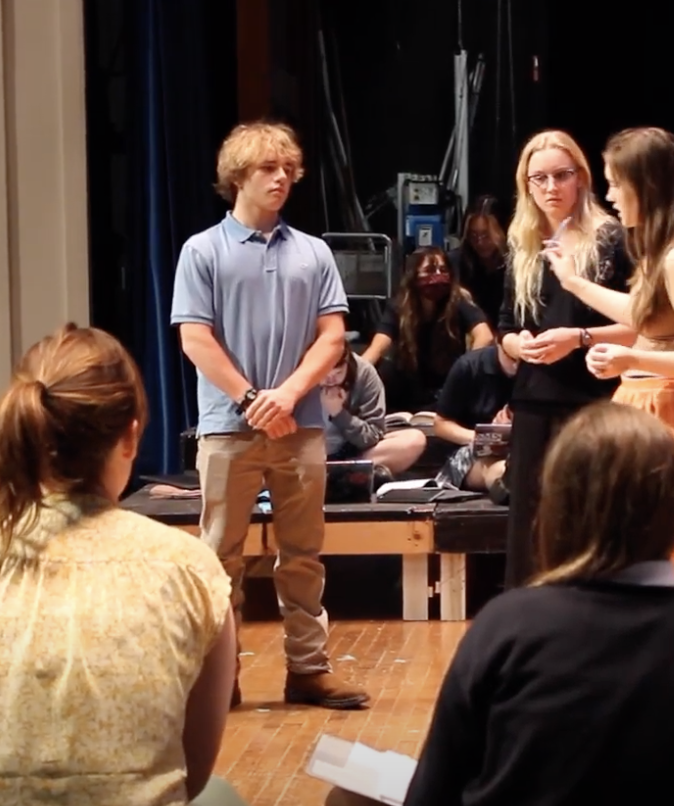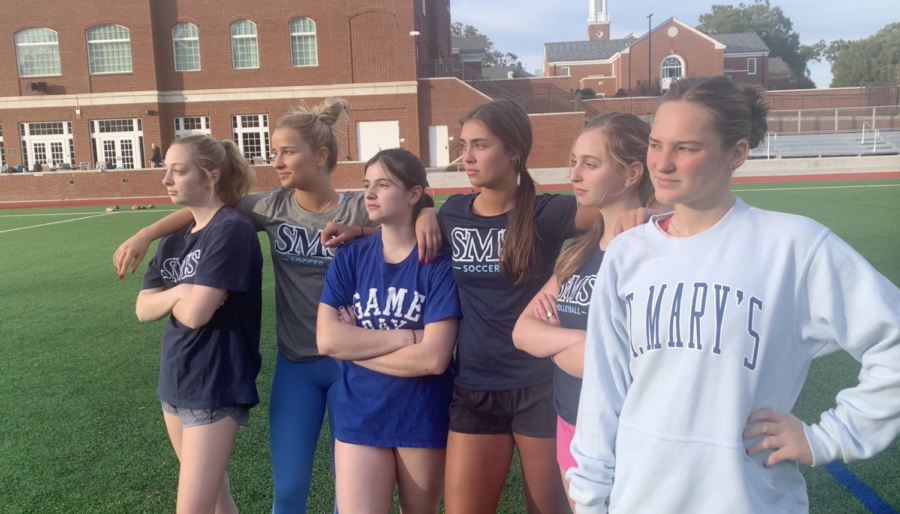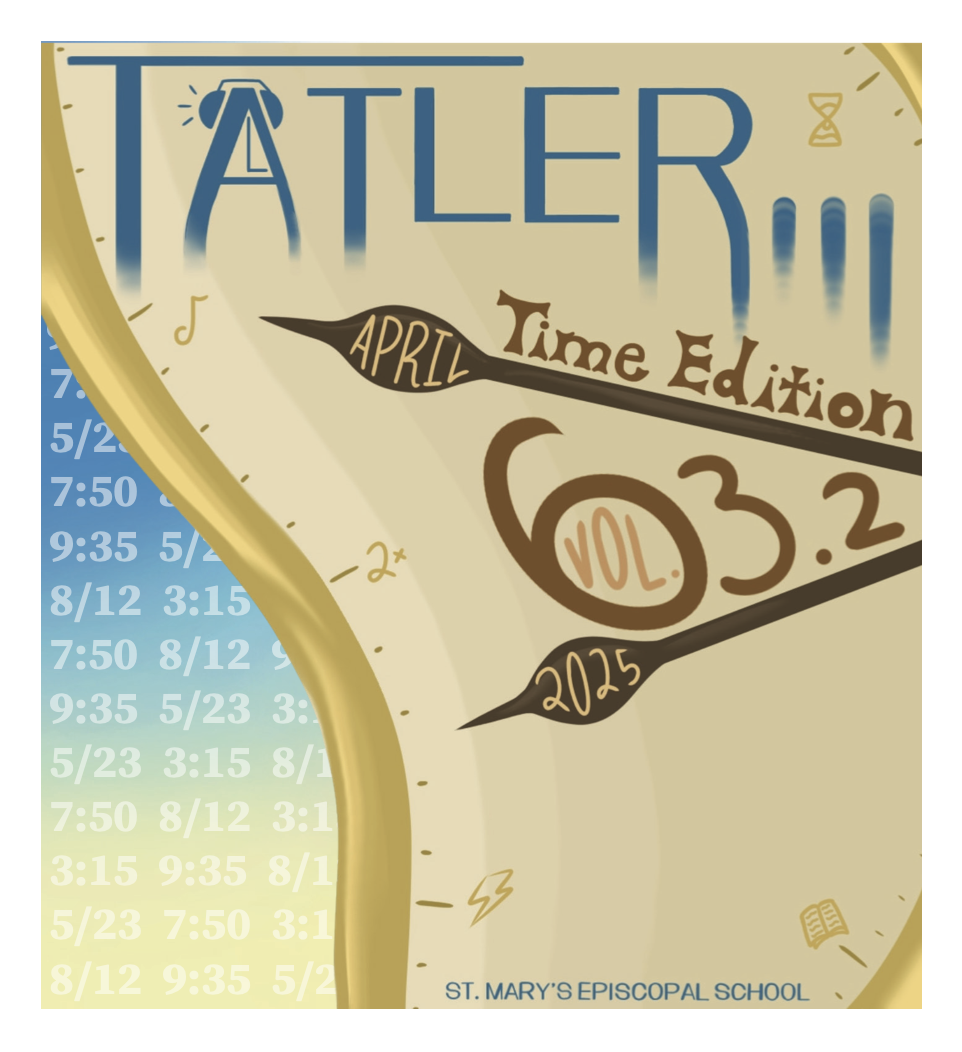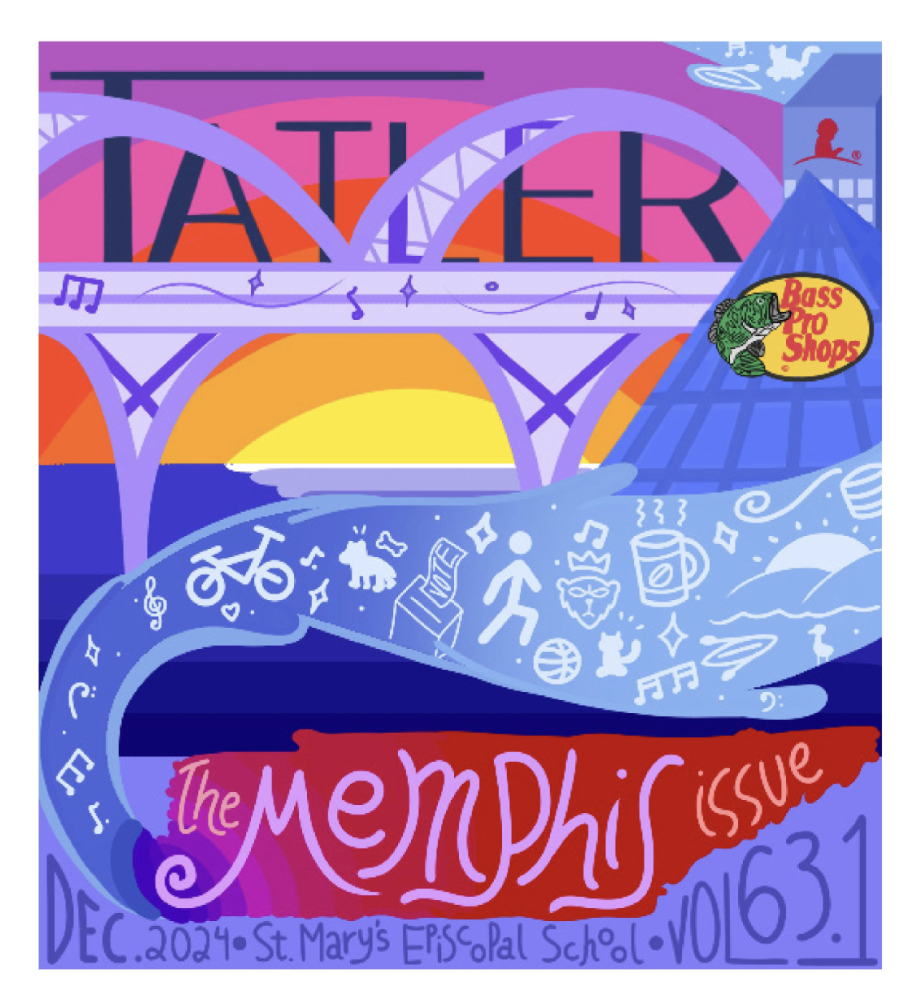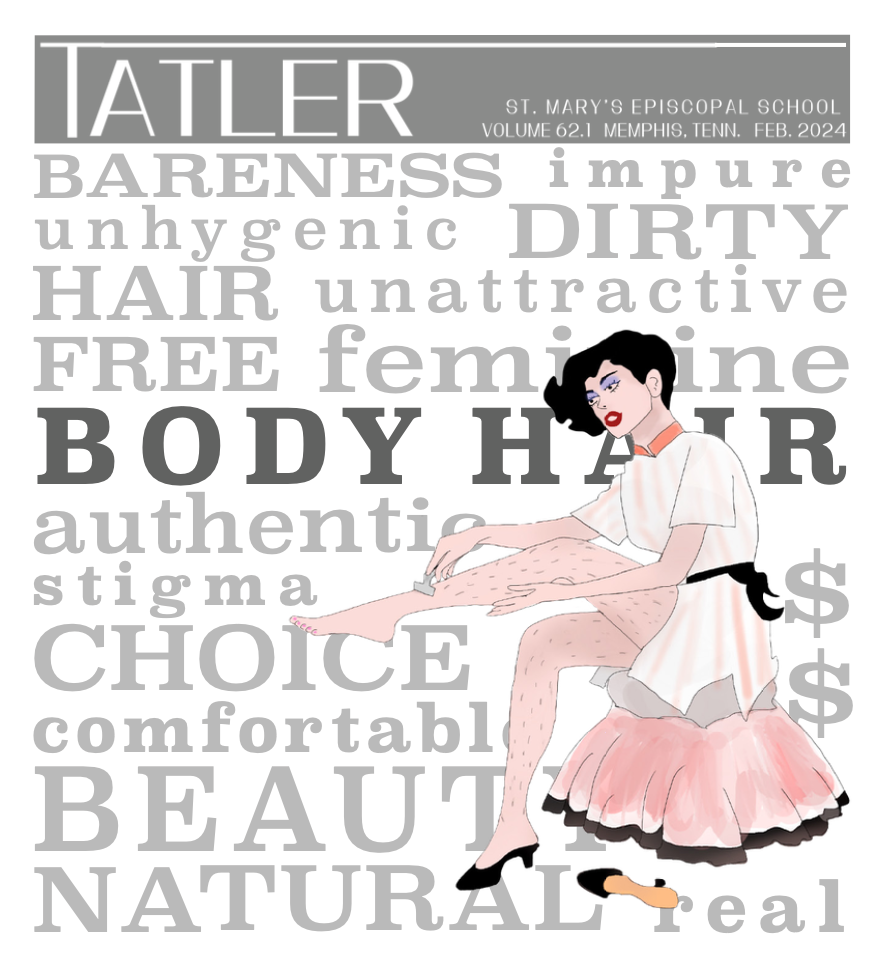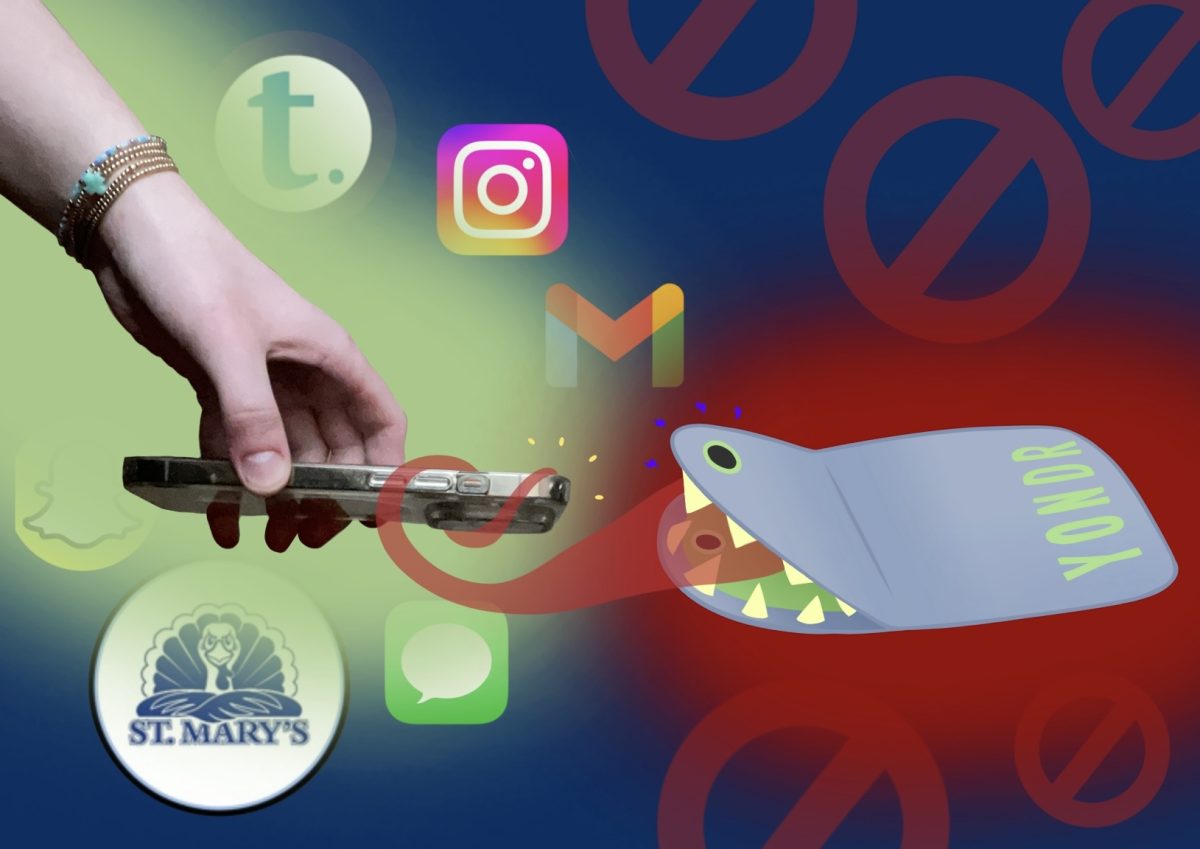What’s so bad about crosswords?
It’s a question that frequently comes up in response to the filtering that prevents access to certain websites at school.
The St. Mary’s technology team blocks websites they deem unhelpful – like Chess.com and Instagram – through a process called categorical filtering, preventing them from loading into the network.
But it’s not just entertainment sites that end up being out of reach.
“It can be frustrating trying to research something for school and then you go on the first 10 websites, and they’re all blocked,” senior Celia Poag said.
Poag is not alone. Other high schoolers have voiced similar complaints.
“It has been annoying when I’m trying to do something for a club or it’s just after school, and I’m trying to show a friend something, and it’s like ‘website blocked’,” freshman Lily Saavedra-Willet said.
But the technology department is legally required to block certain websites. The Children’s Internet Protection Act, passed in 2000 by the United States Congress, requires schools and libraries to block obscene material online.
Beyond these requirements, the decision to block non-explicit websites is up to the technology team.
According to Director of Technology Jordan Park, the technology team chooses to block websites based on numerous variables, including age-appropriateness, which is why faculty can access websites students cannot.
“If the person is below a certain age for a certain country, [website managers will] set specific privacy policies so that they don’t collect data they’re not allowed to collect,” Park said. “[For teachers], social media, is something that’s allowed…[teachers also have access to] research topics like websites about drugs that are informative.”
But while considering safety and legal matters, the St. Mary’s technology team’s main objective is to block websites that cause procrastination and detract from the learning environment.
“We try to choose categories that are safe but also useful for learning,” Park said. “If it’s not useful, we just leave it blocked.”
Social media like TikTok, game websites like Chess.com and networking websites like Linkedin.com are regularly blocked. As they can distract students from their schoolwork, the technology deems these “not useful.”
This can be controversial among students.
Some, like freshman Maddie Hill, have tried to embrace the restrictions, although games like chess offer a much-needed break from the everyday rigor of St. Mary’s.
“I’m definitely spending less time on playing the games,” Hill said. “[But,] if you’re focusing on school work the entire day you’re gonna get really exhausted… like, you need a break from stress.”
Poag would like to see unlimited access to games and thinks it would help students develop a healthier work ethic and encourage self-discipline to prepare for the future.
“With increased freedom comes increased responsibility, and unblocking those websites creates a sense of responsibility where you have the choice to be on those things,” Poag said. “I think that’s important to build [before] college.”
Students have also noticed that there are inconsistencies. Not all websites are blocked on every student’s computer. Some students are still able to access crosswords and other games, but according to the Technology Department, this allowance is not intentional.
Moving forward, the technology department plans to continue using the firewalls for non-academic websites, but Park encourages students and teachers not to give up if they encounter a blocked website. They can always ask for them to be unblocked.
“I think a lot of people think that if it’s blocked there’s nothing they can do,” Park said. “They don’t really understand that they can request.”


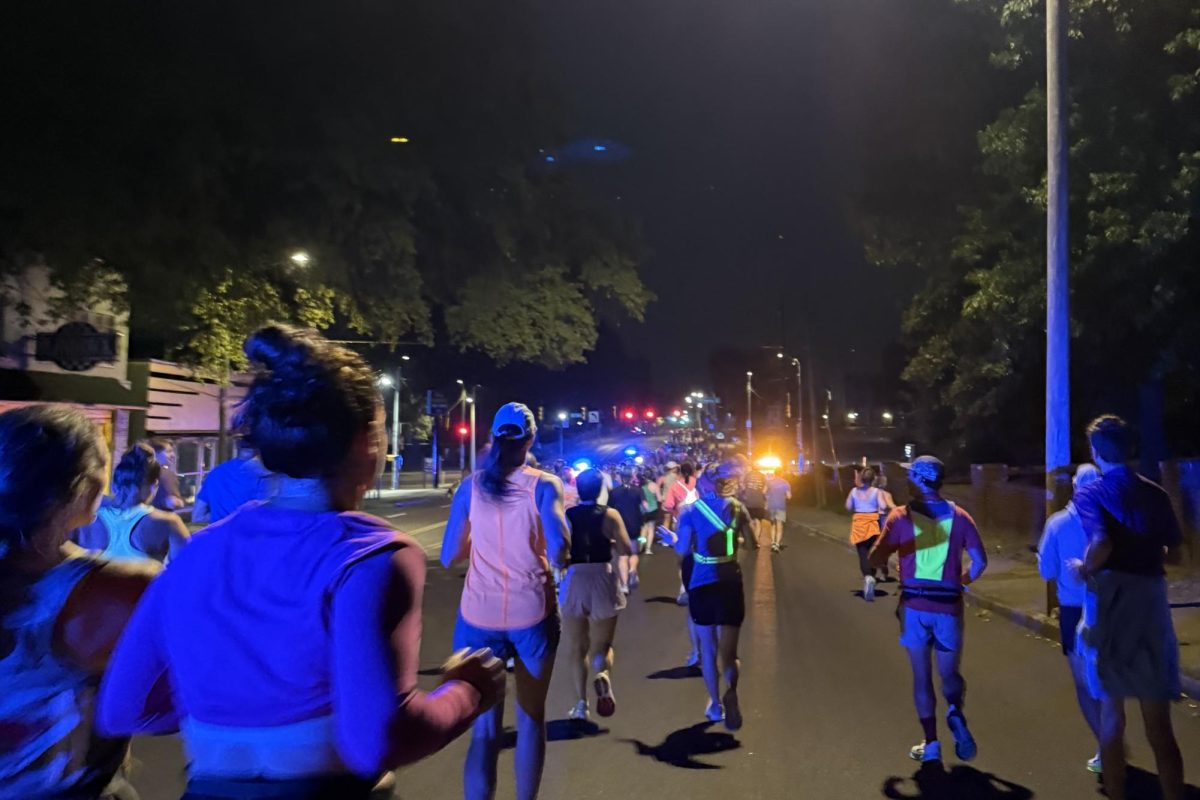
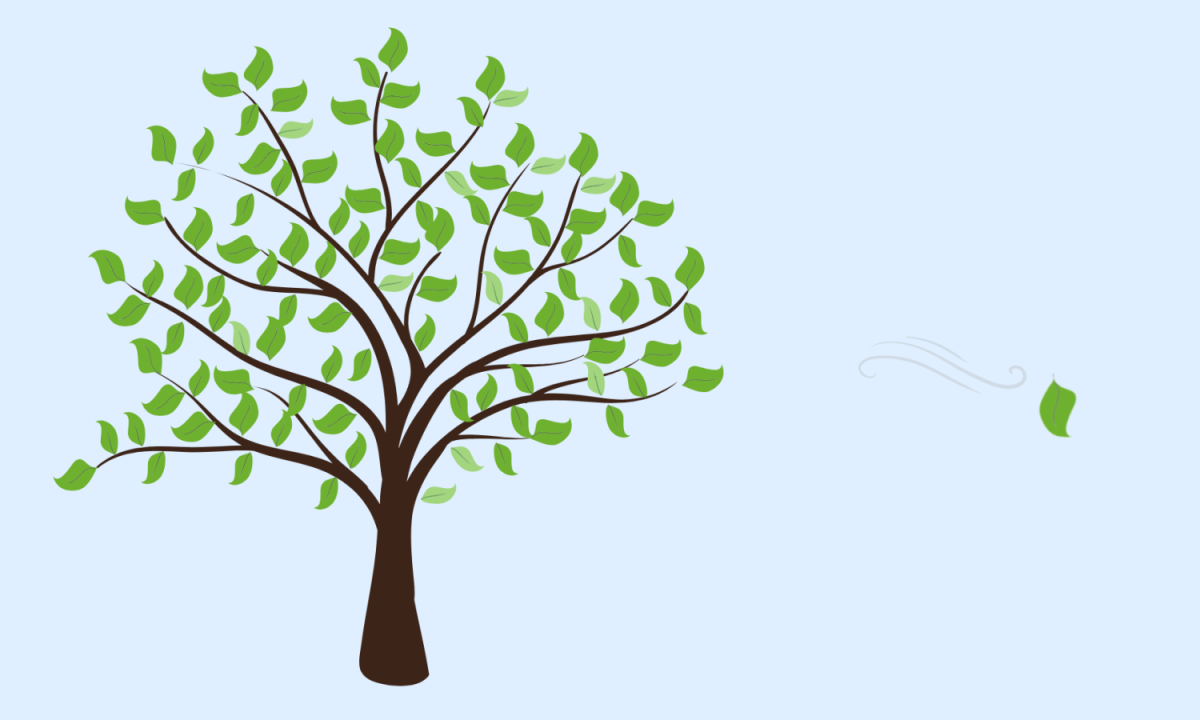
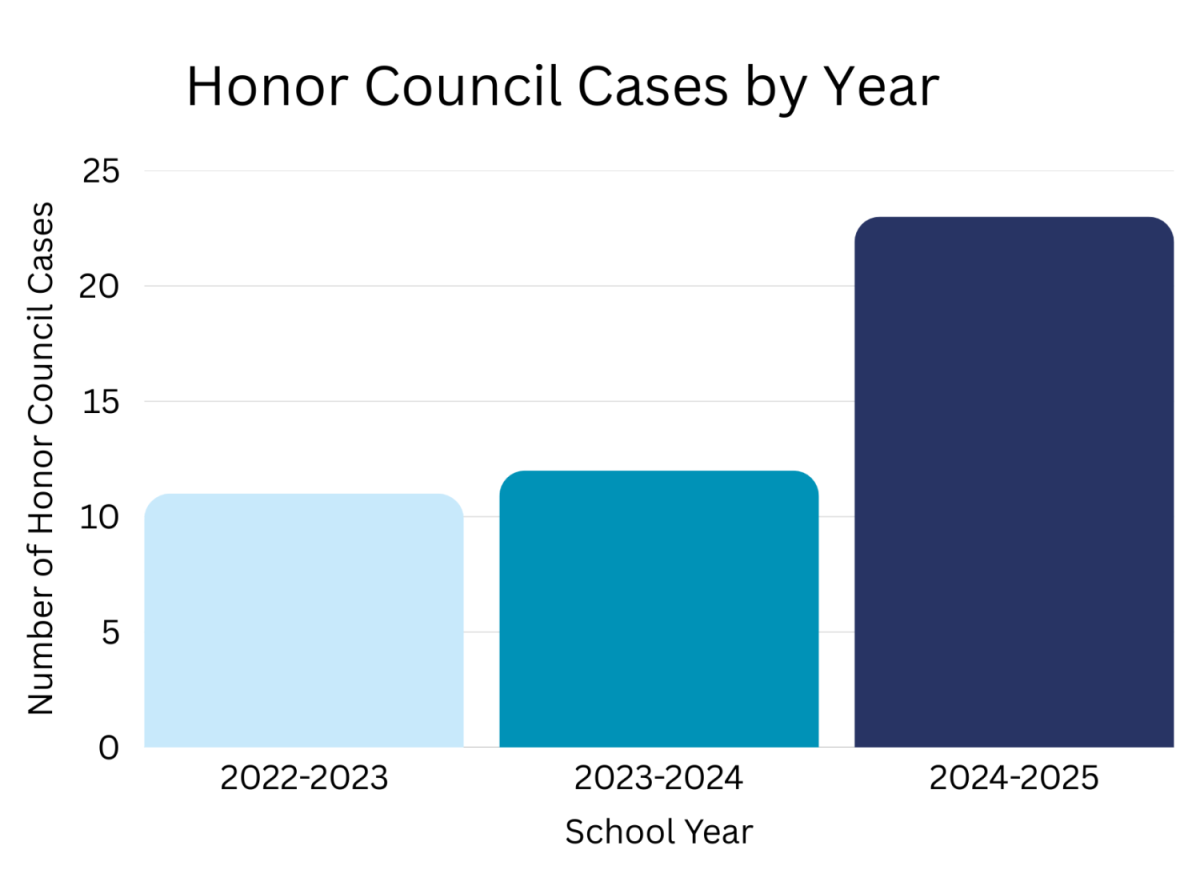
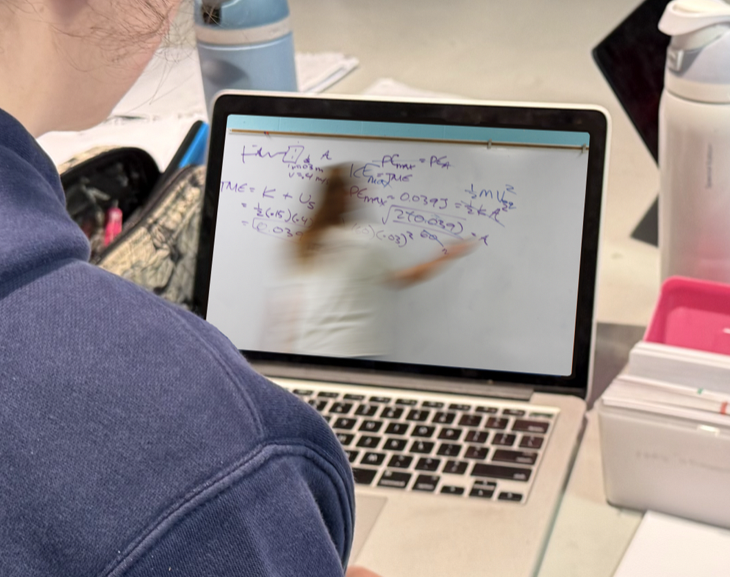
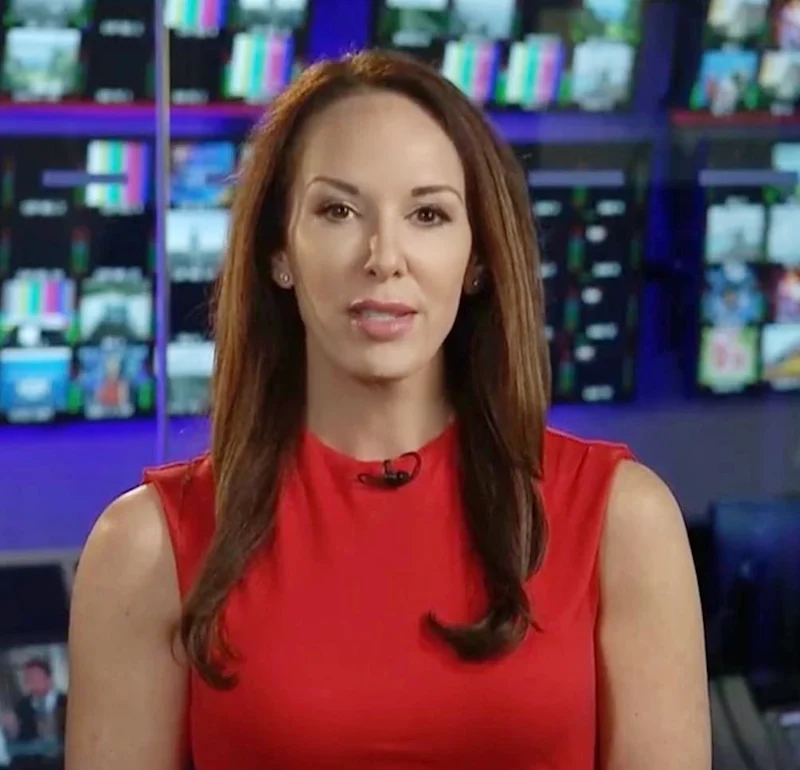

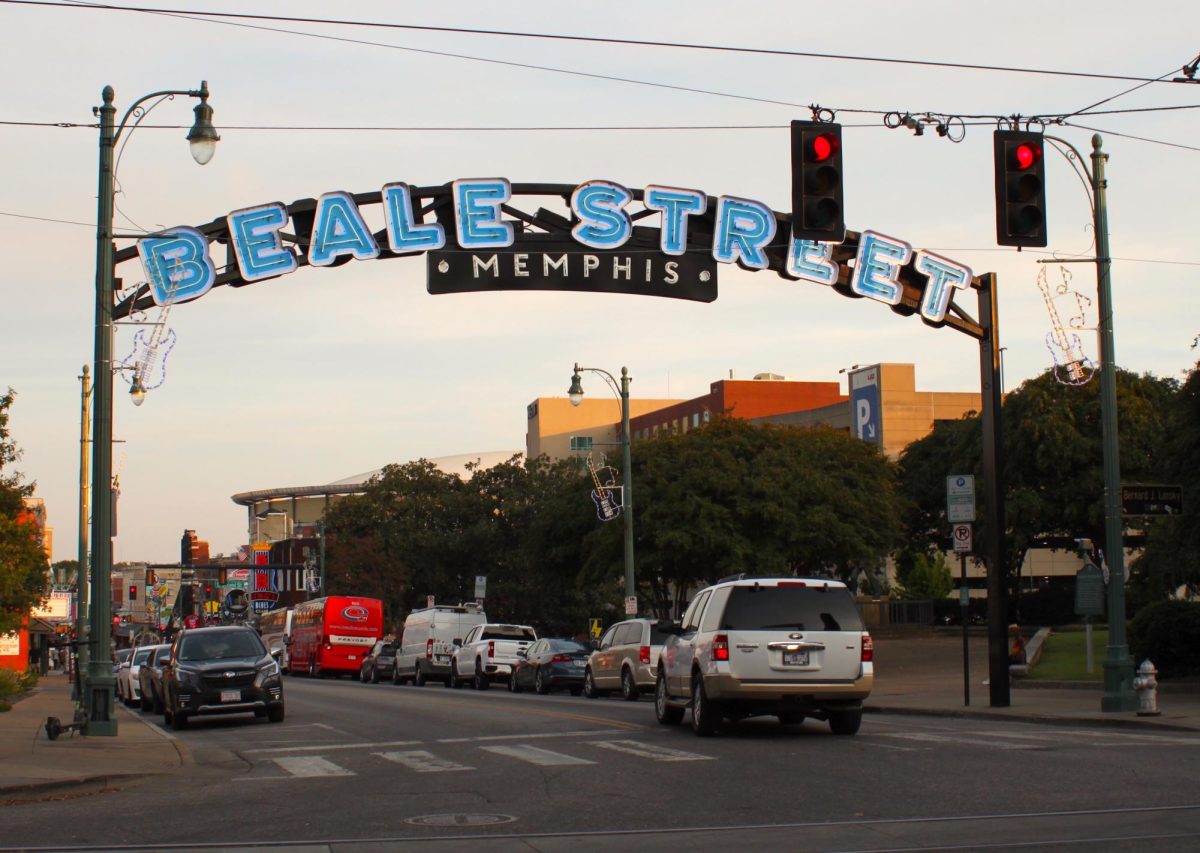
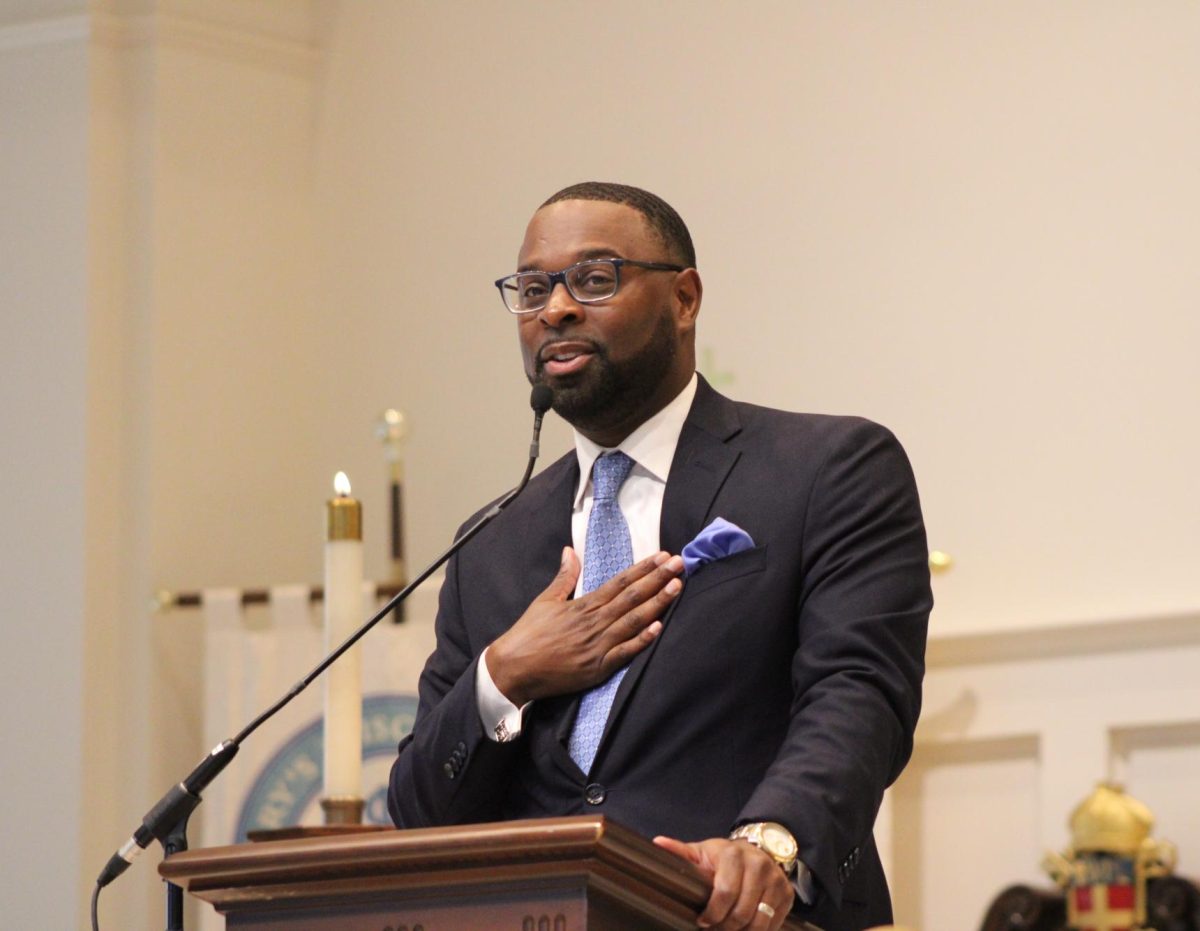
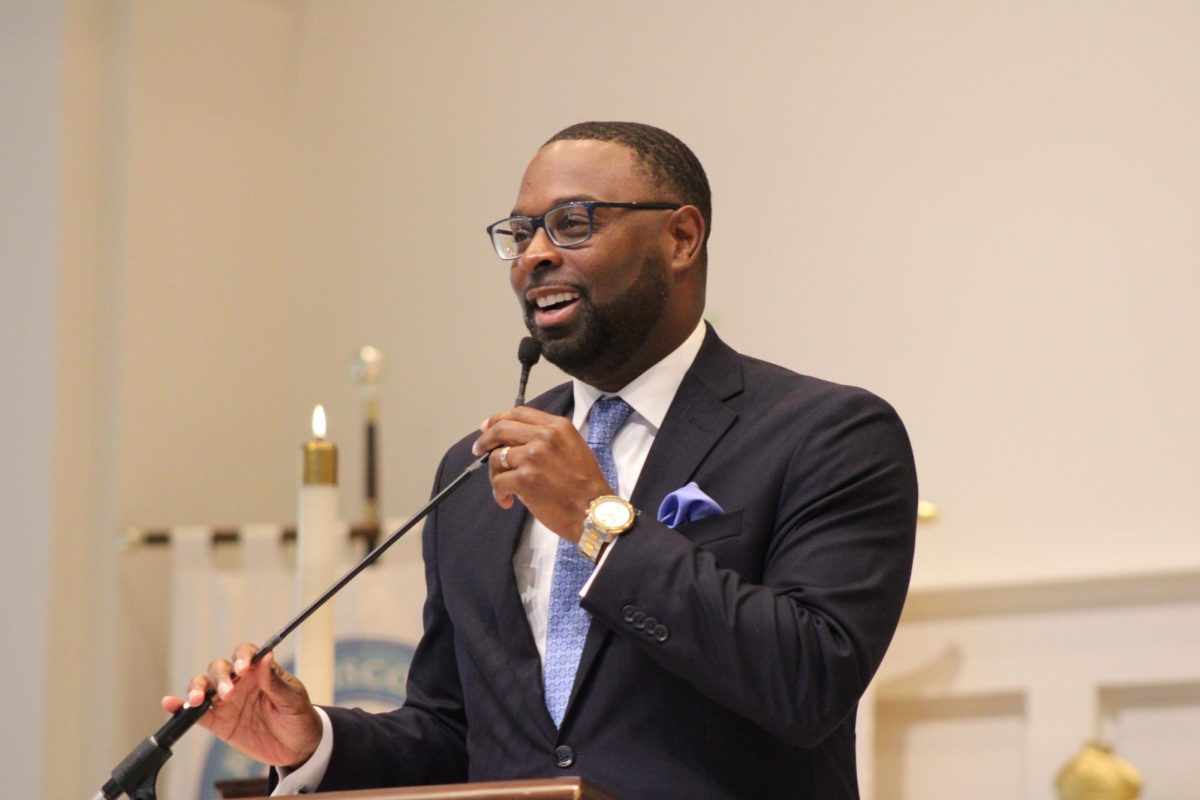
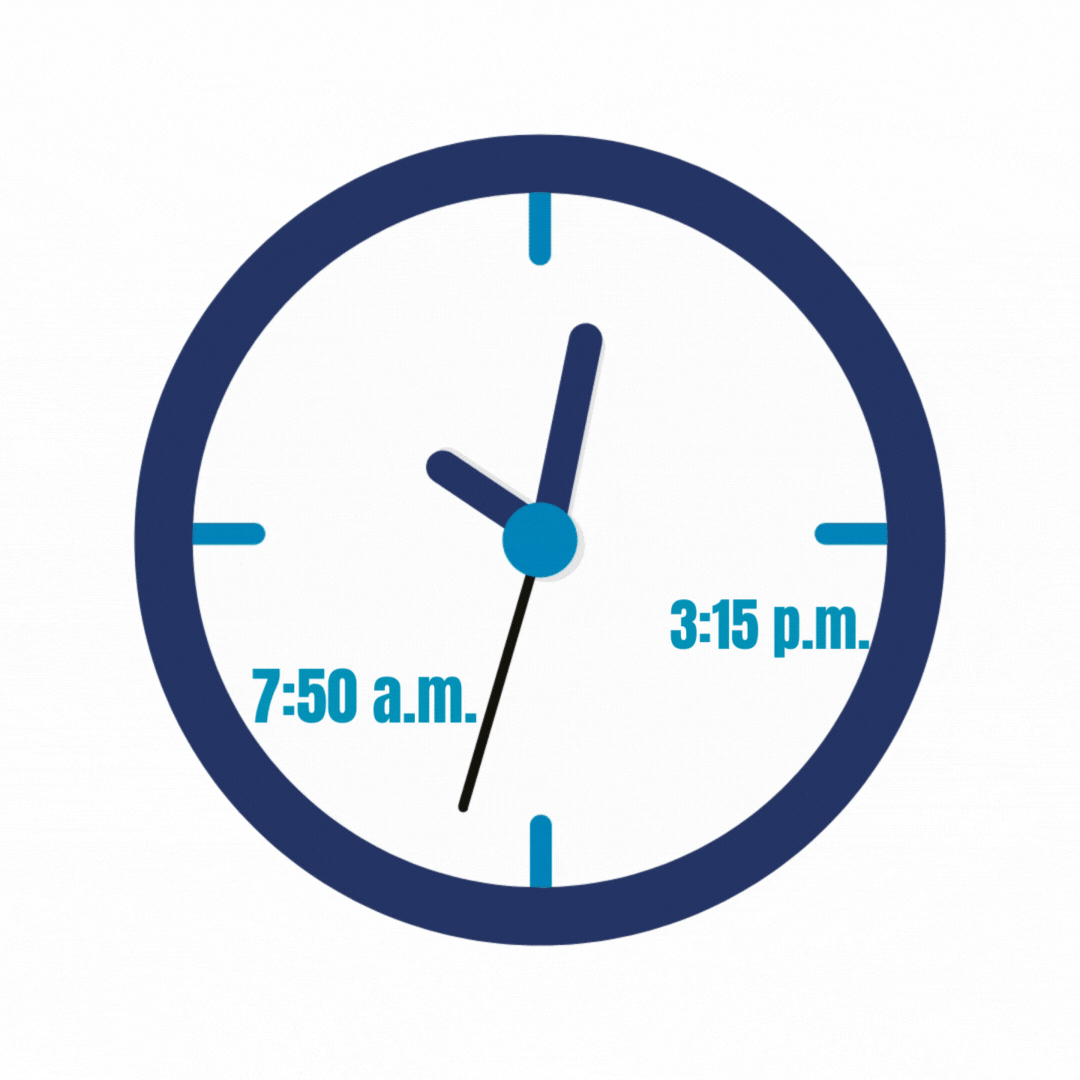
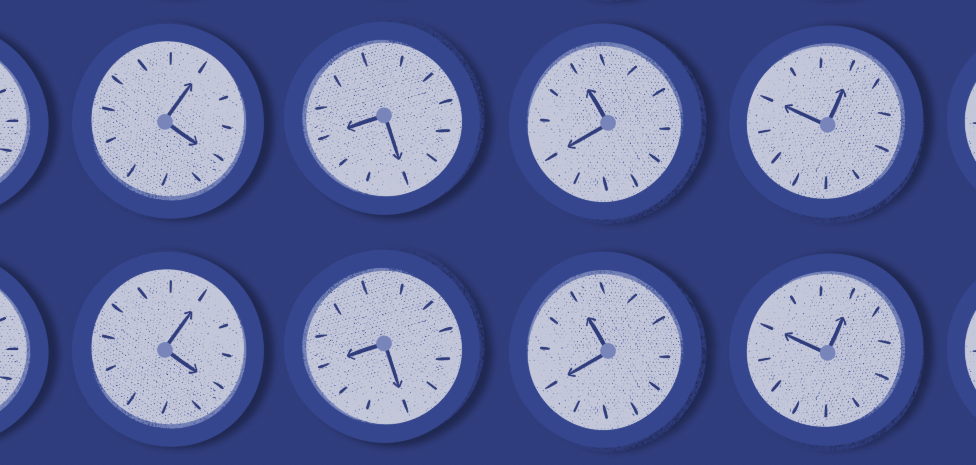


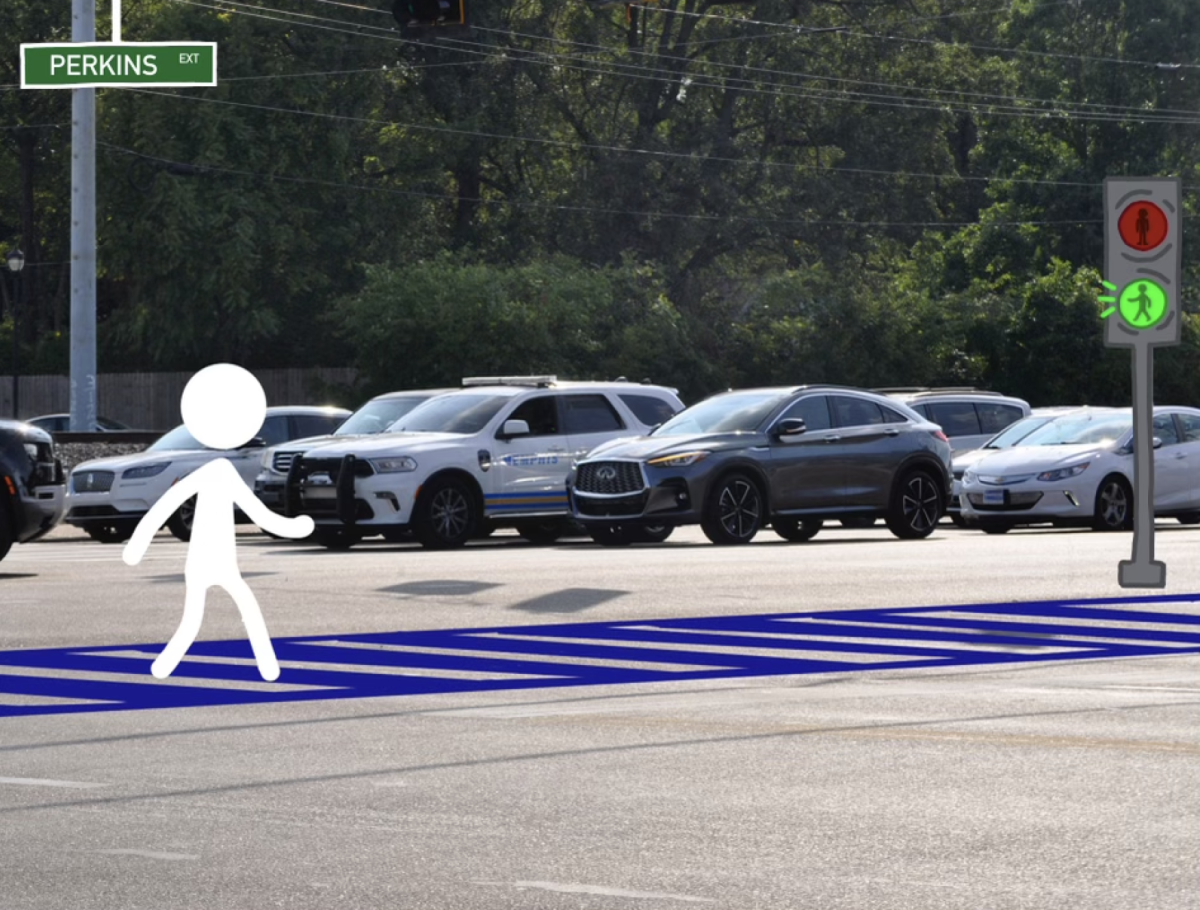
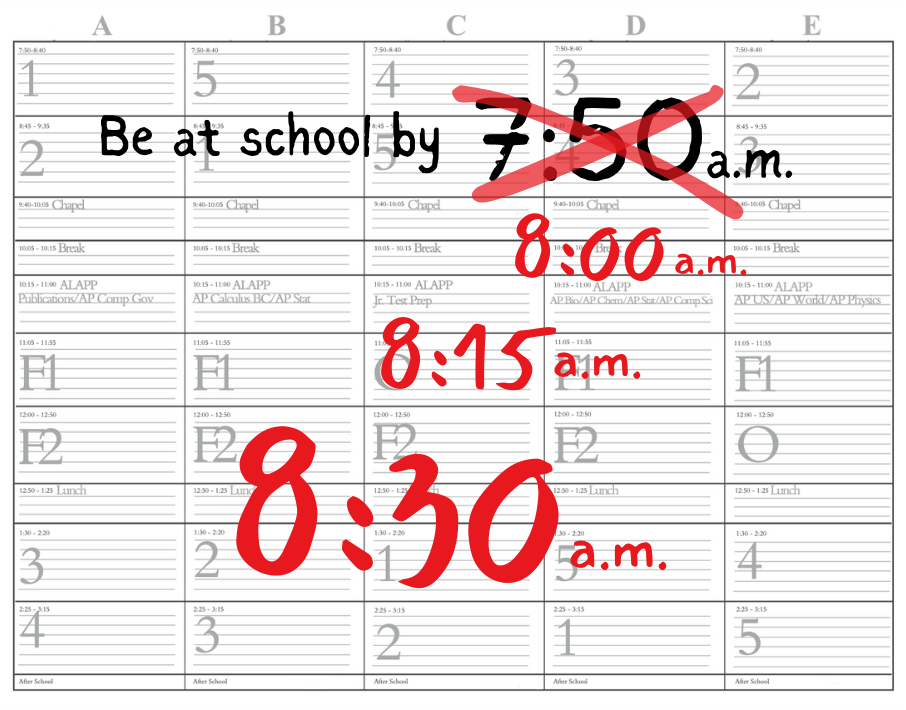


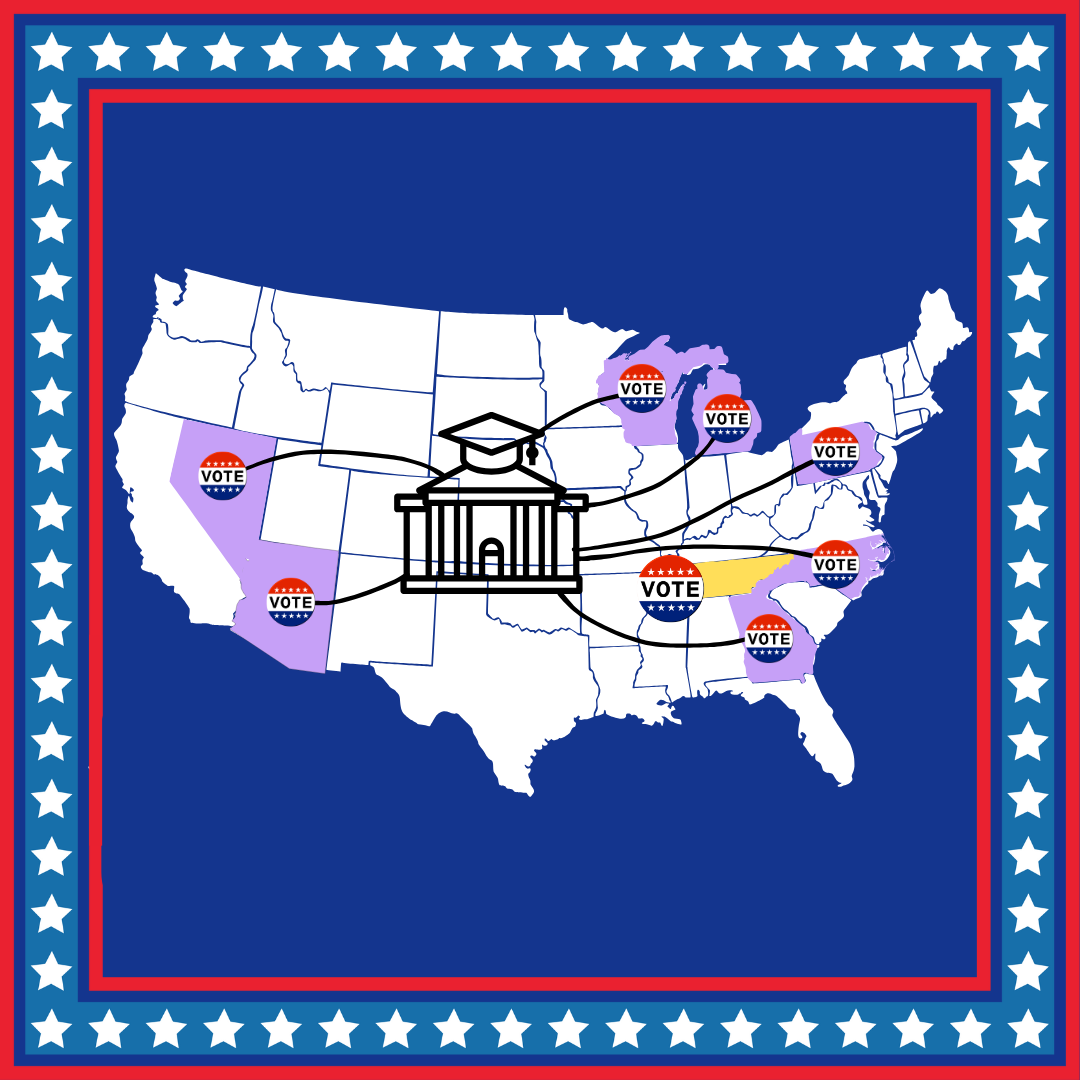
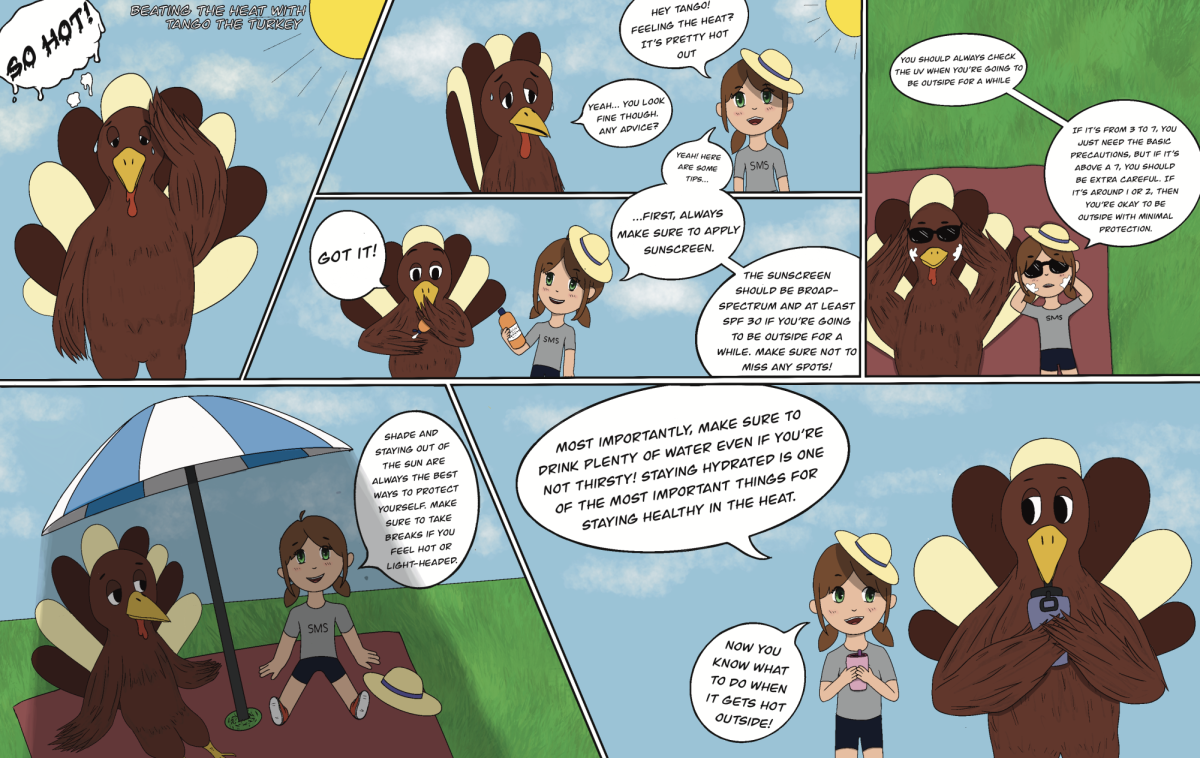

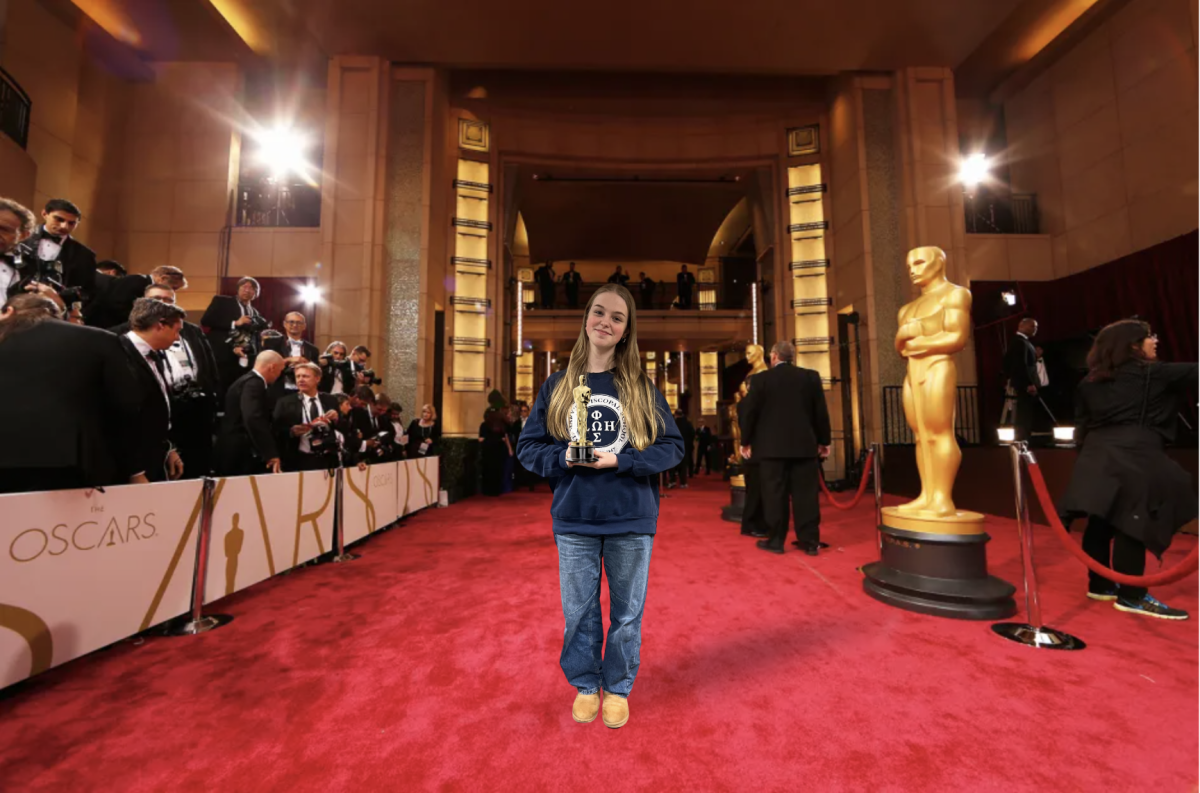
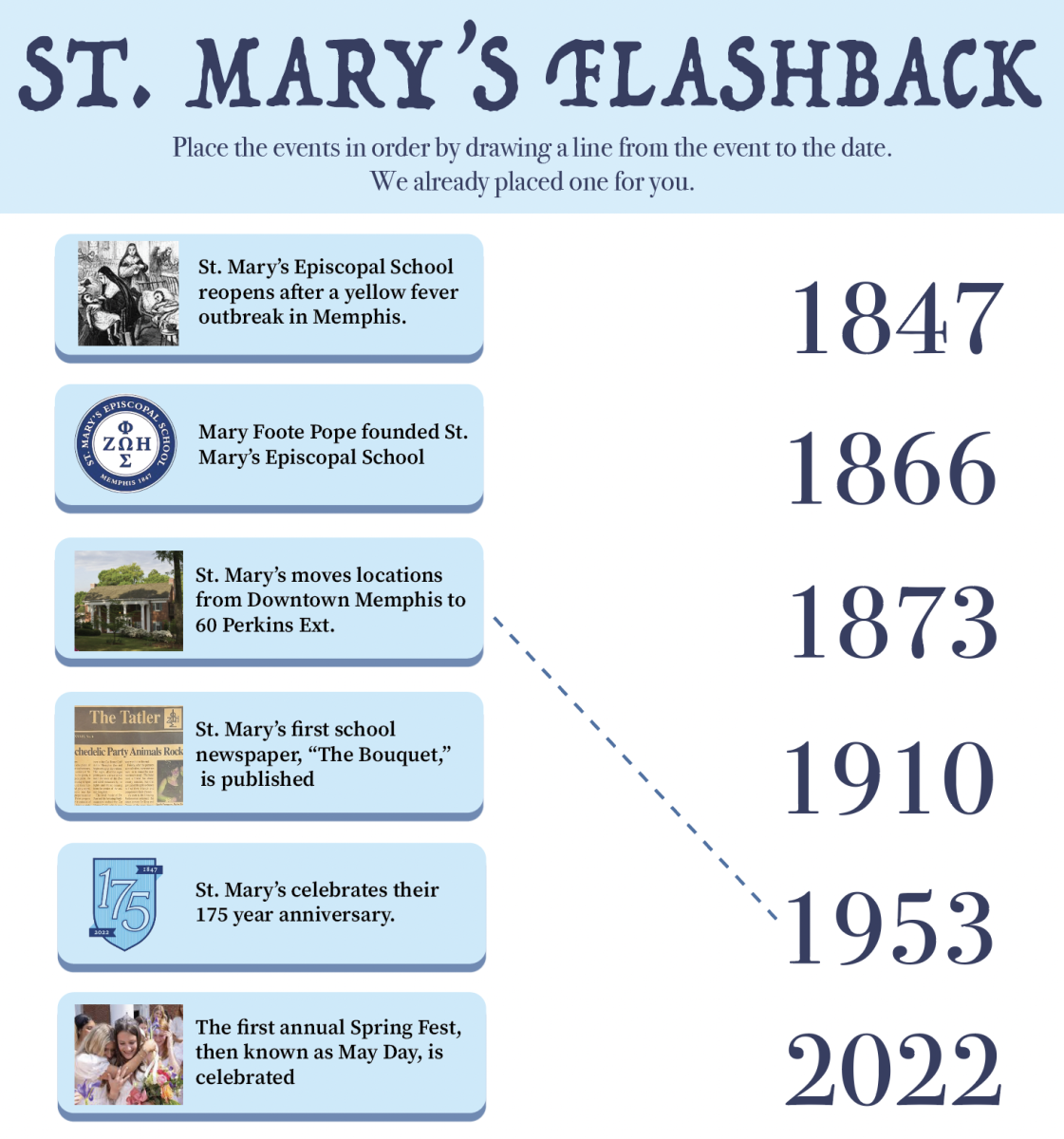
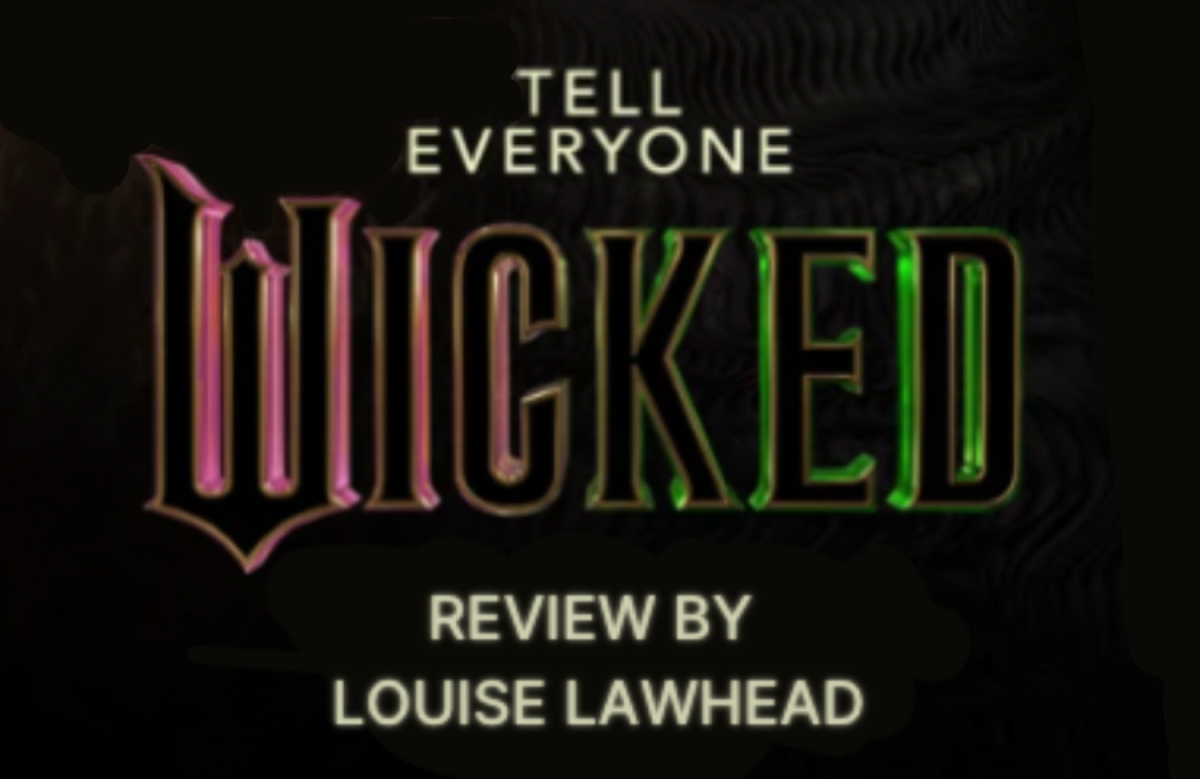
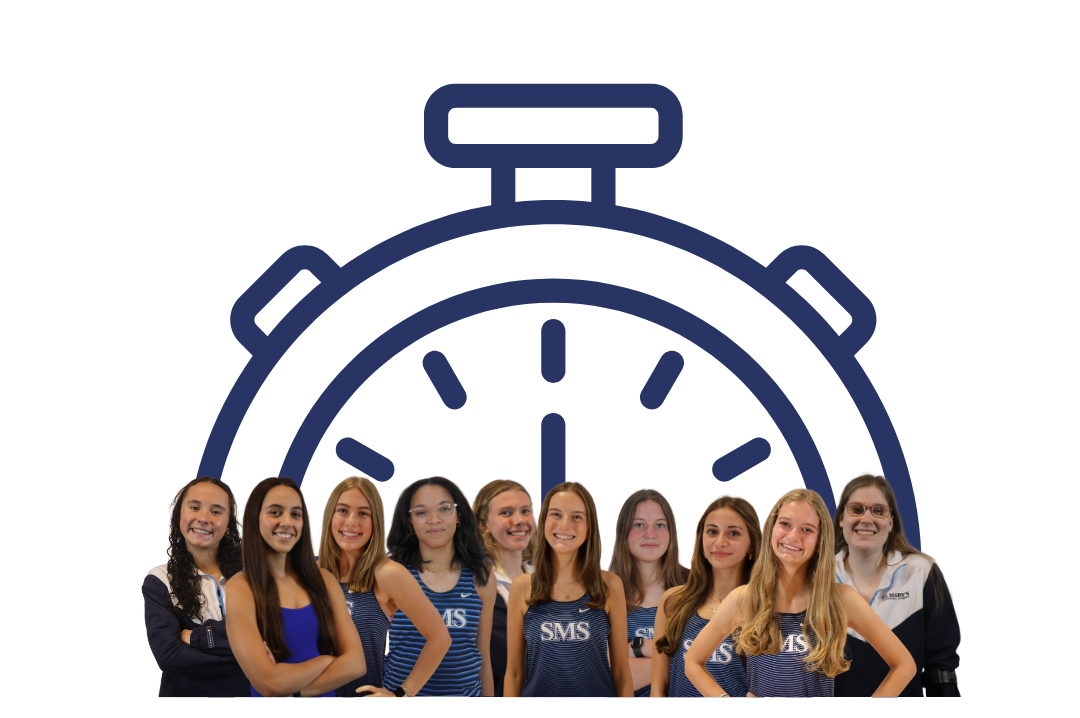
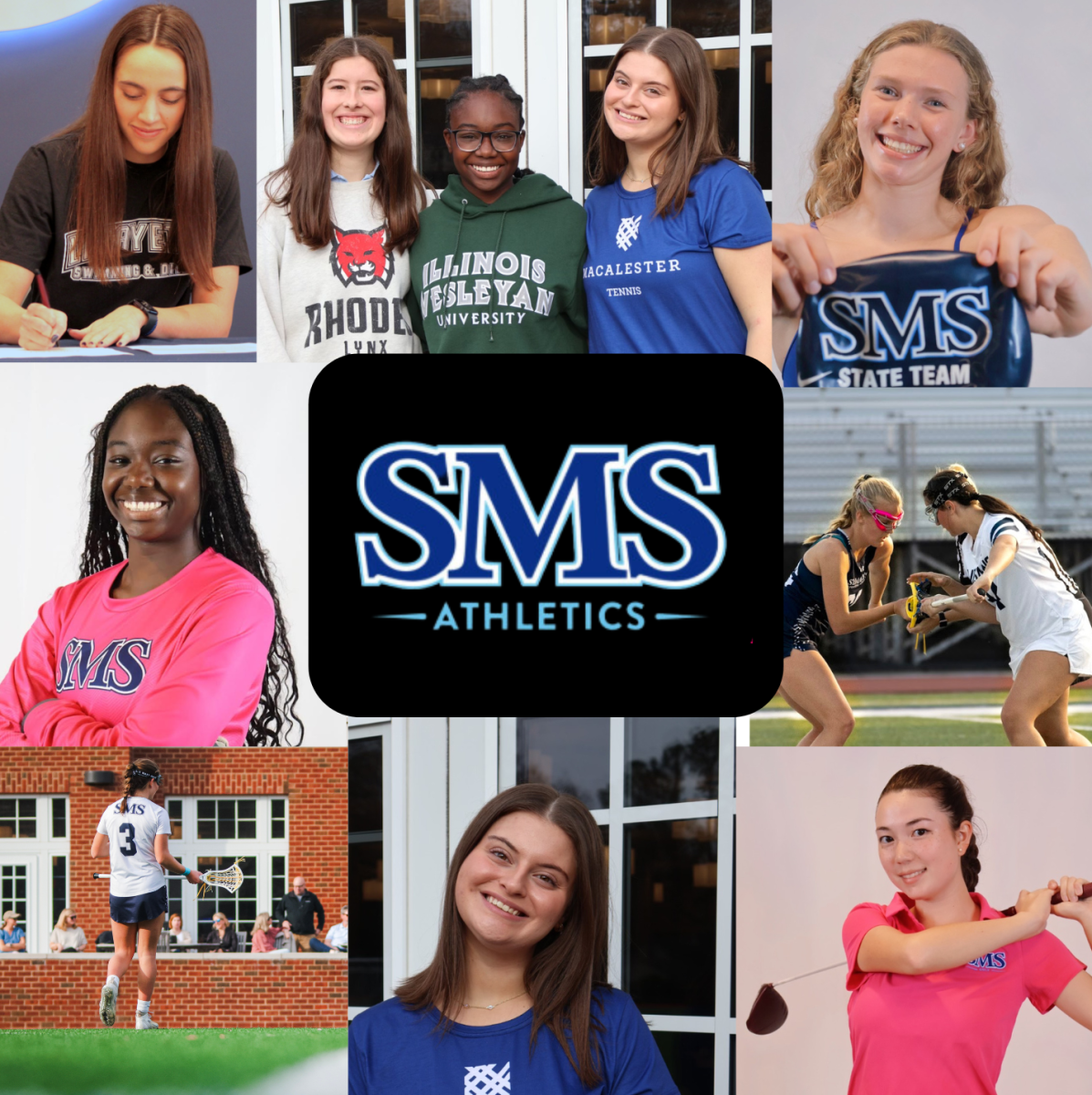
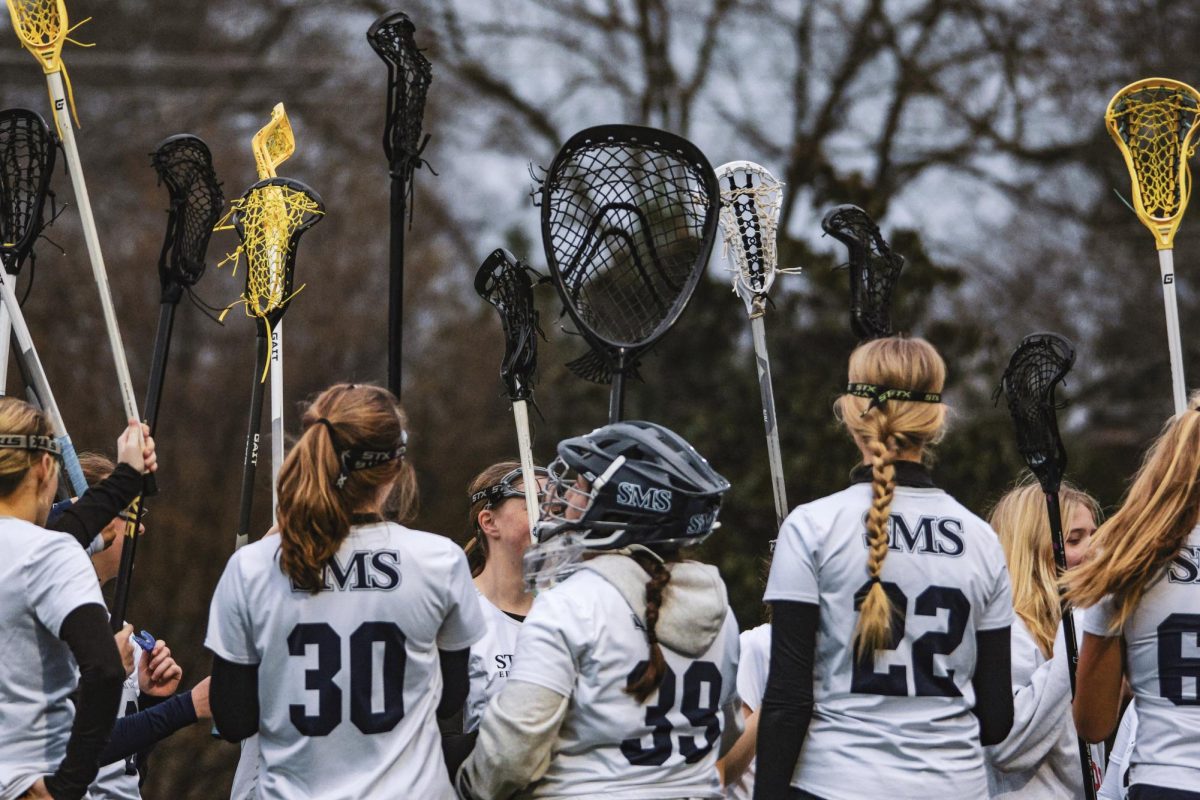
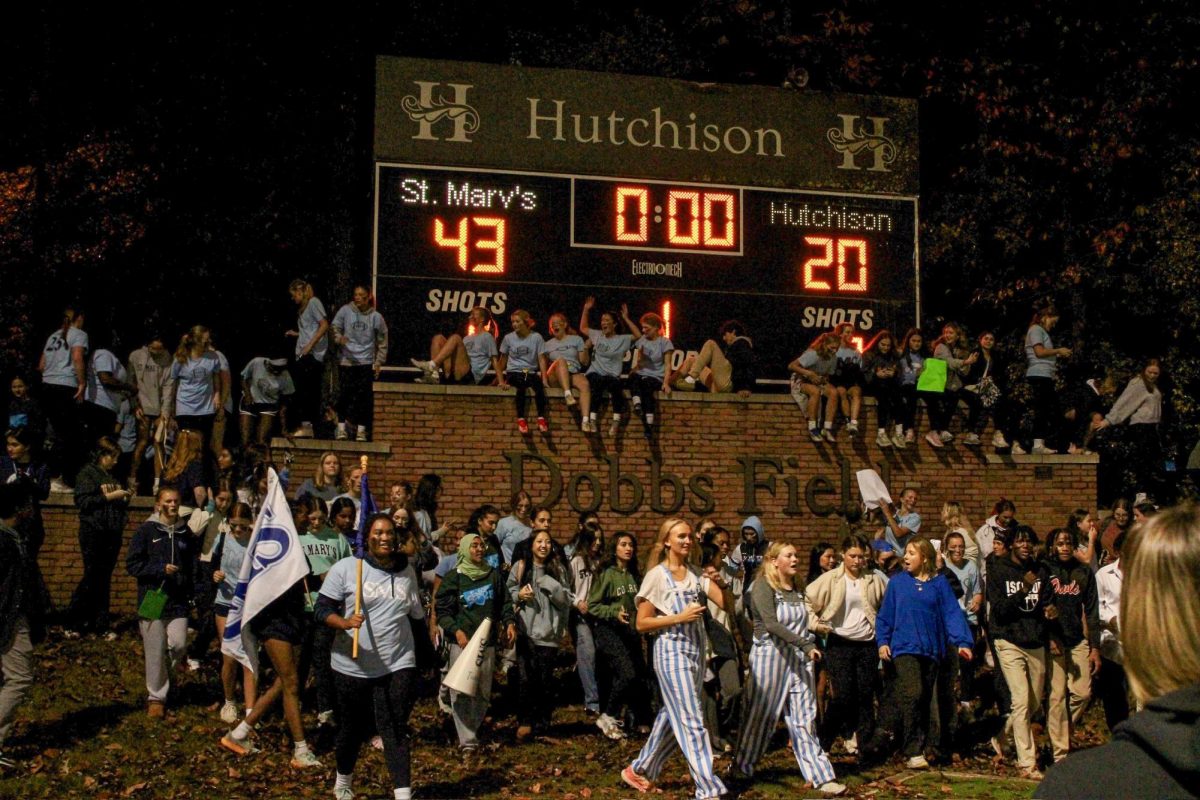
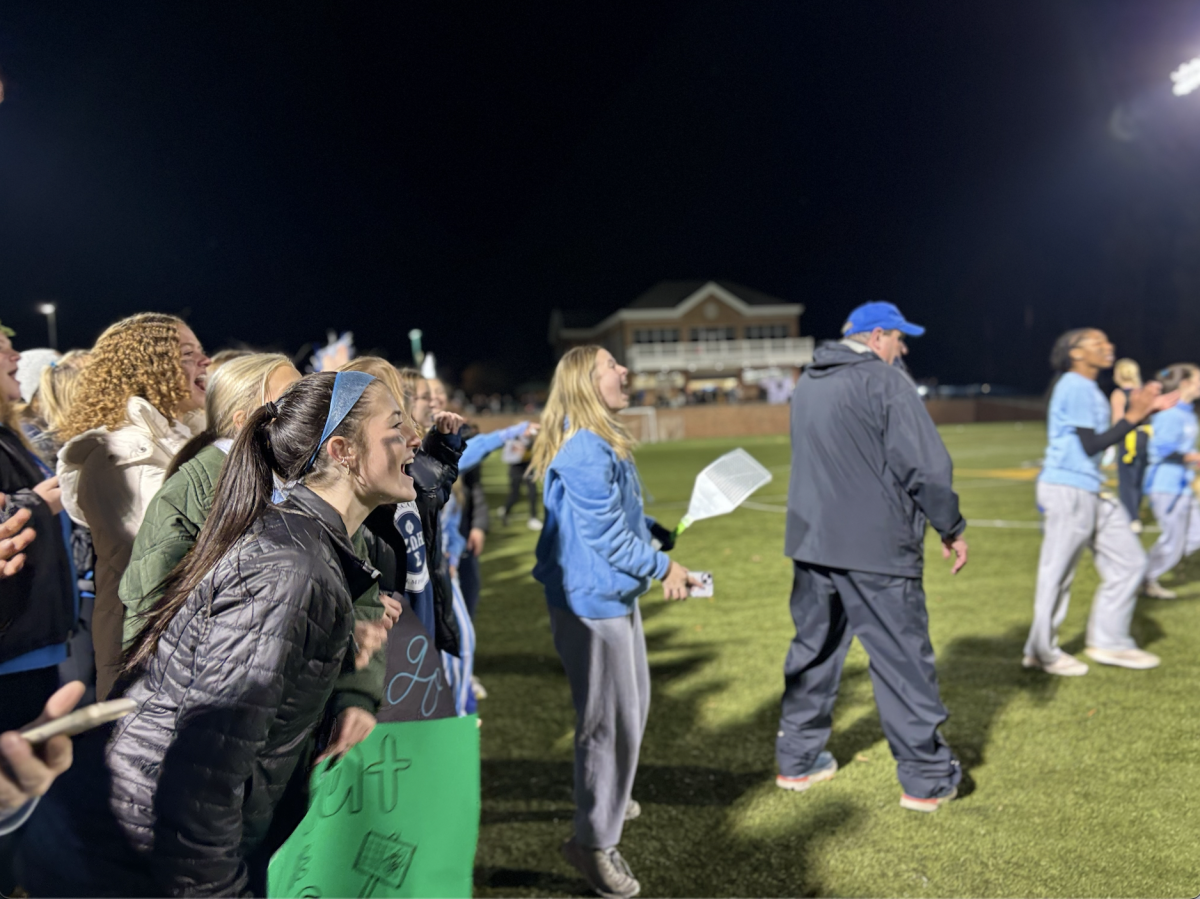
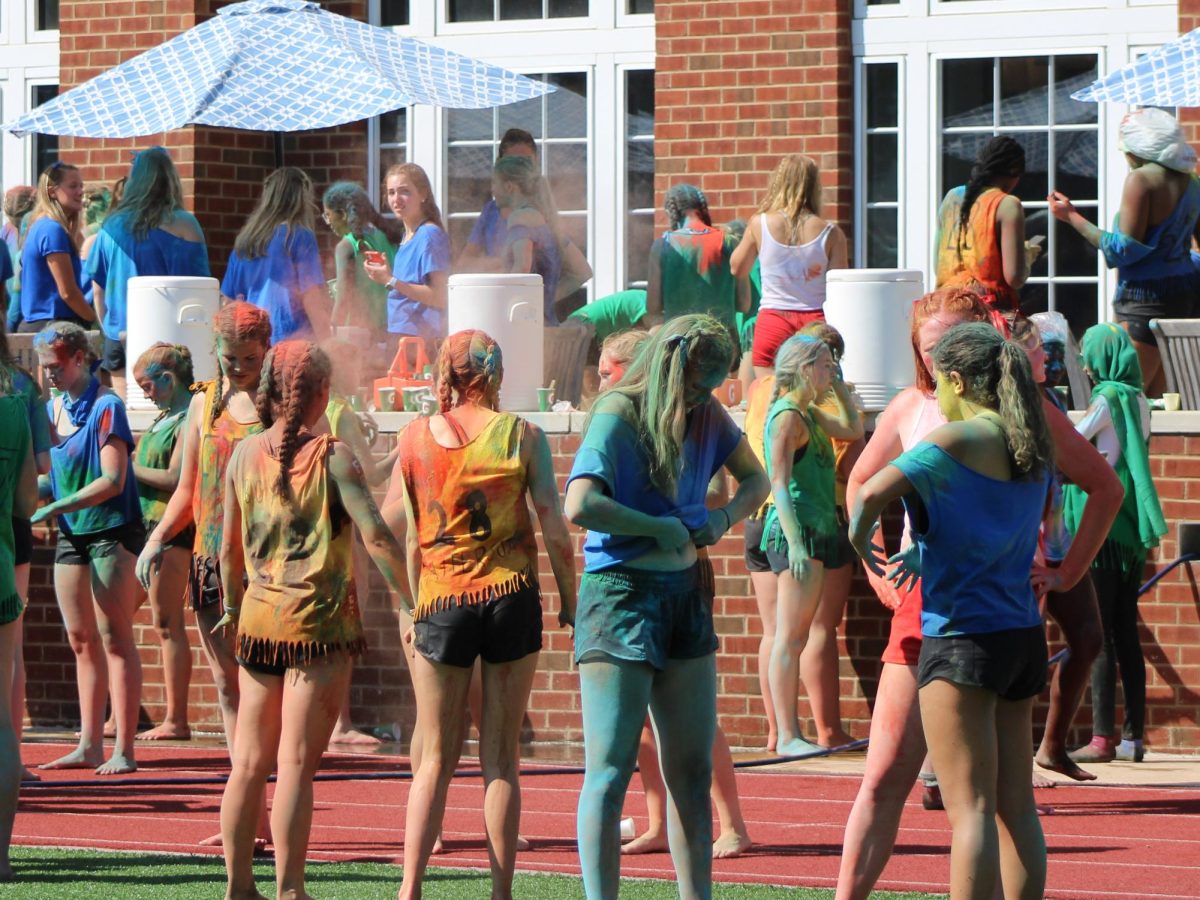
![[GALLERY] Walking in (Downtown) Memphis](https://stmarystatler.org/wp-content/uploads/2024/04/E1DAD3FE-E2CE-486F-8D1D-33D687B1613F_1_105_c.jpeg)
